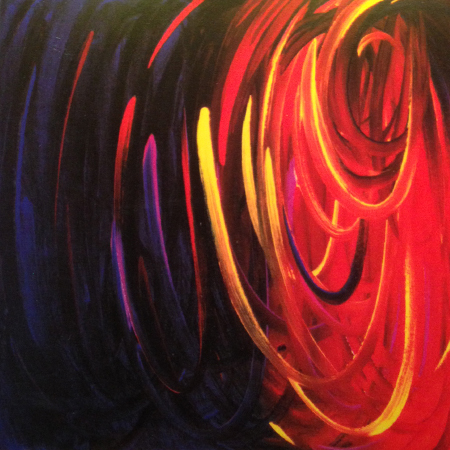Meaning
The idea of deriving meaning from the painful experience of another’s death is acceptable to some but not to others. Sometimes the idea of benefiting by gaining meaning in one’s own life from an experience of the death of another feels like it is making the death OK. Admitting that something good came about as a result of the death can feel like a betrayal. Circumstances of the death influence the process of deriving meaning. For example, meaning may be applied more easily for a death from natural causes after a life lived than for a life ended prematurely as a result of random violence.
The meaning derived from a death may be simple and straightforward, or it may be an arduous struggle through conflicting emotions and values that are being challenged. Whatever your personal experience and course through your grief, deriving meaning of a personal nature is an important catalyst in the healthy progression of grief. This idea can be highlighted by contrast with the opposite. A meaningless death and meaningless period of bereavement is an awful, painful suffering to endure over time. The idea of deriving meaning is not to be taken lightly as a way of rationalizing away, in some Pollyannaish way, the significance of life lost. Quite the contrary.
The idea of deriving meaning is founded in the belief that death and grief are natural to being human, and each of us will have to face and incorporate this truth into our self in a healthy way.
This can be viewed from a developmental point of view. Throughout our life we must see our way through, and beyond, natural developmental challenges. Most of these are chronologically based, occurring as a result of age and time of life. Death does not adhere to these boundaries. It can present itself at any time in our life, and we may respond differently depending on the time in our life that it presents. To allow this profound existential experience to pass without it having a maturing influence on us is, in itself, a loss.
Death and grief are essential qualities of humanness. Death challenges our mind while grief challenges the boundaries by which we define our self. We may be thrown into an experiential realm of our self that, heretofore, we have not traveled. Landscape, territory, and journey are common metaphors applied to the experience of grief. All imply the idea of observation, exploration, discovery, and growth. Deriving meaning from the experience of death and grief is about observing and exploring our personal journey through this universal human landscape. It is about discovery of who we are and the world we live in.
Our experience of personal growth comes about when we find our new understanding of our self and the world we live in to be useful in our pursuit of a rich and satisfying life. The meaning may come easily. For example, if our life with the one who has died was loving and satisfying, it may be as simple as Samuel Butler’s old adage, “it is better to have loved and lost than never to have loved at all”. Our experience of relationship with another has left us feeling hopeful despite our loss and grief. On the other hand, if the one who died was a perpetrator of abuse we were victim to, or the circumstances of the death strip us of a sense of personal value and control, and erode our confidence in humanity, then our discovery of meaning may be fraught with anger and other painful emotions along with a frightful challenge to the way we have viewed our self and our world.
The spectrum of experience is wide and varied. Each of us brings our unique personality, life experience, and timing to it. As we mourn, finding expression for our grief and easing our pain and disruption, we can be open to the development and evolution of personal meaning from our personal travels in the realm of death and grief.
